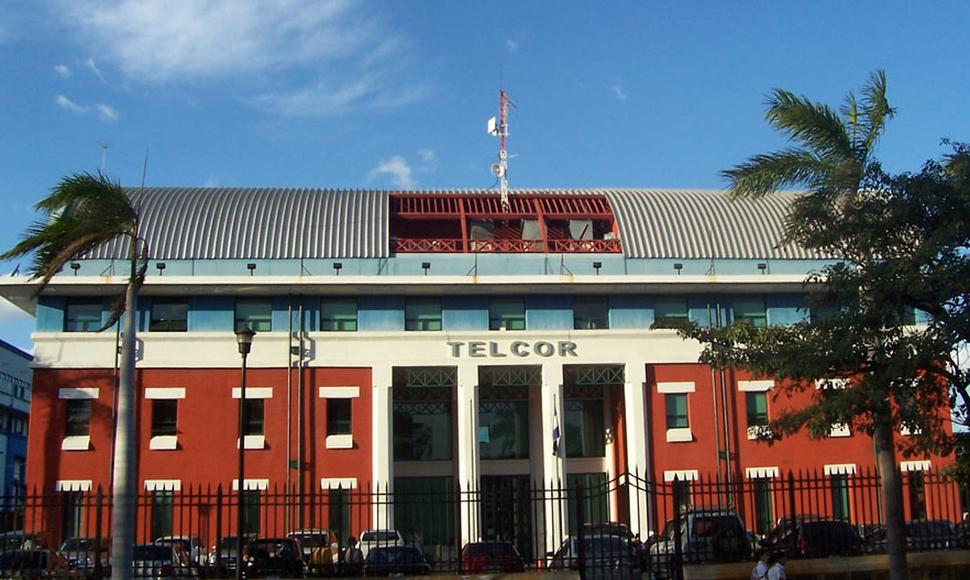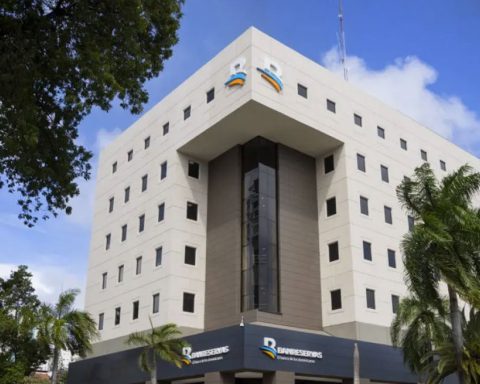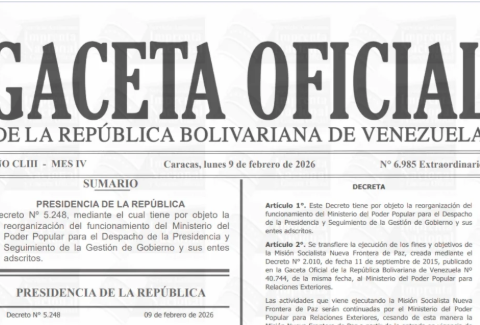The new Convergent Telecommunications Law, approved by the deputies serving the Ortega-Murillo dictatorship, is one more repressive law, but very dangerous, because it even invades the privacy of people’s communications, something prohibited by the Constitution and puts at risk power of the regime all the personal information and even the geolocation of citizens, which could result in more captures and perception.
The communication expert from the Foundation for Freedom of Expression and Democracy (FLED), Guillermo Medrano, explained, during an interview on the program In Contactof Article 66that the recently approved Law 1213 is part of the chain of repressive laws that the dictatorship has designed to subjugate the people of Nicaragua, since it is clearly “a dangerous and threatening law.”
Medrano, who is also a specialist in freedom of expression issues, maintains that the new regulations that regulate telecommunications, made up of 158 articles, are worrying because they have several aspects that violate the right to protection of personal data of Nicaraguans and practically nullify Law 787, on the protection of personal data.
The expert recalls that the new legislation mandates that telephone and internet service providers, when Telcor requests it, have to deliver “sensitive information”, that is, the personal data of users and even the georeferenced location.
Related news: Sandinista Parliament approves Telecommunications Law, which imposes greater surveillance and control on Nicaraguans
«Any user who is of interest to the government, or is a target to analyze, monitor, control, can request all the information from the service providers and you are directly exposed to your geographical location, in what place, in what department of the country you had the last connections and what were your communications, your arrival numbers, it even says the same regulations for your voice mail, audio and texts. It is super worrying because it directly goes to the heart of the person’s privacy,” warns Medrano.
Article 10: Obligation to provide information
Operators of Public Telecommunications Services and Providers of Audiovisual Communications Services are obliged to provide all the information required, including statistical and georeferenced information generated from their participation in the market, periodically or as a result of specific requirements of TELCOR, in the exercise of its powers and regulatory attributions. For this purpose, the required information must be provided in a detailed, exact, truthful, timely and verifiable manner.
Another aspect that the expert analyzes is that, in addition to being repressive, the regulations have a revenue-raising nature, like other regulations in the country that the Sandinista deputies have approved.
«Most of the legislation that the Nicaraguan government is making in the ruling Assembly, all have a high level of revenue, so if we look at this new legislation, it has a high level of revenue. In most of the articles, canons are mentioned, taxes are mentioned,” says Medrano.
Medrano criticizes that, with the new telecommunications legislation, Telcor, which is a regulatory entity, becomes “a supervisory entity for citizens and companies that provide goods and services.”
Related news: New Telecommunications Law shows that the Ortega dictatorship wants to have “everything under its control,” analysts say
Regarding the intimidating and threatening nature of the Law, Medrano mentioned that the text establishes that Telcor can use “public forces to carry out inspections of service-providing companies, whether technical or administrative.”
The regulations promulgated by the dictatorship are so dangerous for freedom of the press and information, according to the specialist, that the regime can use it to block information platforms and media on the Internet.
For political scientist and opposition leader Félix Maradiaga, the new Telecommunications Law “is nothing more than an additional tool in a long series of repressive measures promoted by the regime of Daniel Ortega and Rosario Murillo to consolidate their control over Nicaraguan society.
The analyst points out that, although this law is presented as a technological advance, “the true purpose behind its implementation is to intensify espionage and disinformation directed from the Nicaraguan Institute of Telecommunications and Postal Service (Telcor).”


















